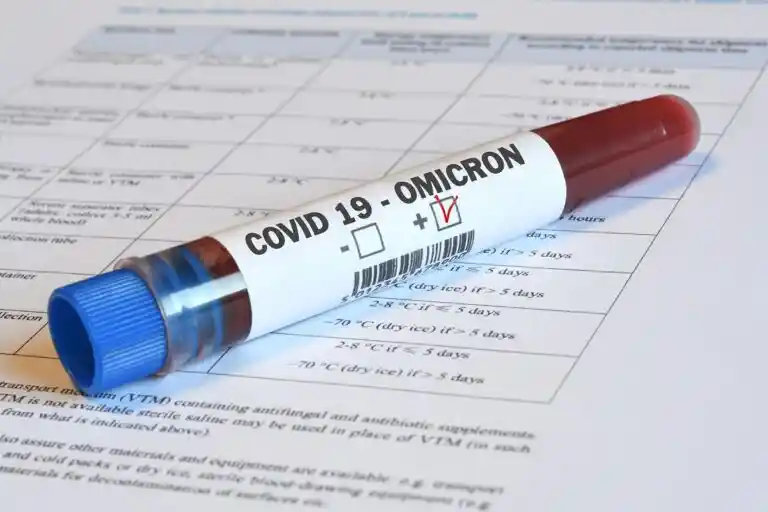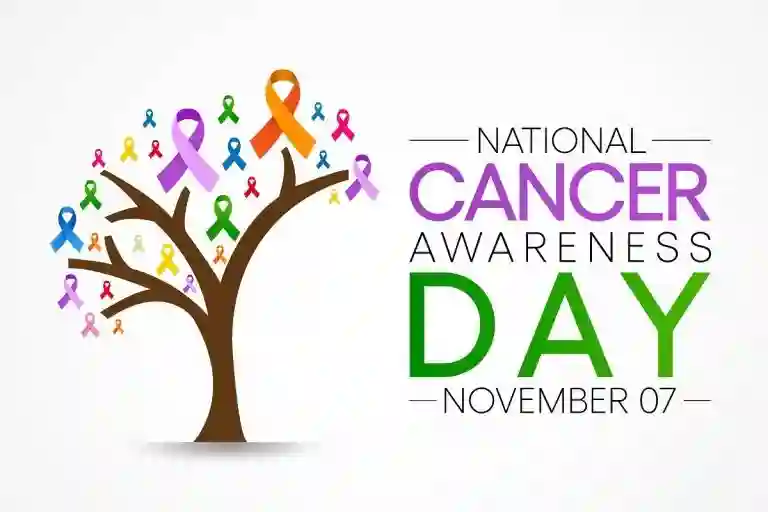In a statement, the Ministry of Health secretary Rajesh Bhushan said that “the public health challenge of Covid-19 still persists around the world with around 35 lakh cases reported weekly”.
India has been reporting a “steady decline” in Covid-19 cases, with the average number around 129 with a daily positivity rate at 0.01 percent, as of December 22, according to MyGov.in. Globally, however, there has been a “sudden spurt in cases” driven by “a new and highly transmissible BF.7 strain of the Omicron variant” being witnessed in Japan, the United States of America, the Republic of Korea, Brazil, and China”, according to PTI.
In a statement, the Ministry of Health secretary Rajesh Bhushan said that “the public health challenge of Covid-19 still persists around the world with around 35 lakh cases reported weekly”.
Further, it has also come to light that three cases of Omicron subvariant BF.7, have been detected in India so far, according to a PTI report. Various states have stepped up vigil as a Covid review meeting chaired by Union Health Minister Mansukh Mandaviya stated that although there is no overall increase in Covid caseload as of now, there is a need for continued surveillance to keep a track of existing and emerging variants. “COVID is not over yet. I have directed all concerned to be alert and strengthen surveillance. We are prepared to manage any situation,” Union Minister Dr. Mansukh Mandaviya noted in a tweet.
Prime Minister Narendra Modi is also expected to review the situation at a high-level meeting today.
World Health Organization (WHO) director-general Tedros Adhanom Ghebreyesus also said that “WHO is very concerned over the evolving situation in China”. However, he went on to inform that “since the peak at the end of January 2022, the number of weekly reported COVID-19 deaths has dropped almost 90 percent”.
Additionally, there are various reports also suggesting that the XBB variant, which is a recombinant — a combination of two lineages (BJ.1 and BA.2.75) and “highly infectious”, could make India worried. As such, we reached out to experts to understand more about the new variant and XBB in light of the reports.
Negating worries in the Indian context, Dr. Ravi Shekhar Jha, said that even as reports coming from other countries suggest that the newer omicron strain is more dangerous, “India is probably in a much better position since the majority of us are vaccinated and many got naturally infected with Omicron variant only”. “So, at present, it seems unlikely that the newer variant will create fatal infections in India,” Dr. Jha told indianexpress.com.
However, Dr. Jha was quick to add that since currently there is no data to validate this, one must keep a close eye on any symptoms so that it does not lead to admissions. Dr. Subhendu Mohanty said, “The data about the new variant is not known. However, it is unlikely to be a concern in India. The reason is that most of our population has got two doses of vaccine and at least one or two clinical or sub-clinical covid infections. There is a very good possibility that it will pass off just like Omicron infection with flu-like symptoms.”
Why Do Variants Occur?
To be specific about the BF.7 variant, in due course of time the viruses mutate as they survive in nature, thus, creating their lineages (as a family tree with the SARS COV 2 diagnosed in December 2019 as the trunk of the tree and the variants as branches and sub-branches ). “The BF. 7 is a sub-lineage of the Omicron sub-lineage BA.5,” elucidated Dr. Abhijit Patil.
What are the Symptoms Like?
The mode of transmission, signs, and symptoms are going to be overlapping with that of the previous Covid variants. Dr. Patil pointed out that a recent study published in Cell Host and Microbe journal noted that current variants “are more resistant to neutralization by the antibodies in the humans than the original virus and thus spreading rapidly”. “Talking specifically about China, which is very stringent about its ‘Zero Covid’ policy, this has probably back-fired as most of the population affected by the new variant are those not immune (not having sufficient antibody titers in the blood),” he added.
To recall, the first known confirmed B.1.1.529 infection was reported to the WHO from South Africa on November 25, 2021. On November 26, 2021, the WHO named this variant B.1.1.529 as Omicron.
As any of the mutants surface in the human population, it is going to cause symptoms till we acquire immunity through infection or vaccination, experts suggest.
Dr. Patil mentioned, “With the life normalizing and the loosening of the Covid restrictions, any such new variant is bound to cause at least a transient surge in the affected population. It is only that we should not be caught off-guard and, hence, the authorities will definitely take transient steps to increase the number of testing and genome sequencing to diagnose any surge in cases and hospitalization with new variants. However, in my opinion, such spikes will be seen also in the future and shall wean off in short durations.”
Dr. Ravindra Mehta affirmed that only in “infection-naïve or vaccination-naïve areas”, were the cases may be significant. “But in vaccination-replete areas and where natural immunity has developed, the new variant may not have bad consequences. Our feeling is that probably the elderly and the immune-compromised, as well as the unvaccinated or poorly vaccinated, or vaccination failures might be at higher risk. So, the majority population is not at risk,” Dr. Mehta told indianexpress.com.
Agreeing that it is “premature” to speak about the XBB variant that has been a concern in India since August 2022, and was then detected in more than 17 countries since then, including Bangladesh, Denmark, Japan, and the US, according to Singapore’s Ministry of Health, Dr. Jha said, “The recombinant variant won’t do much harm here”.
“So far, it does not look like it but we have to continue our vigilance with all these variants. Fortunately, India has also geared up towards genome surveillance that would help identify such new variants,” he continued.
The XBB variant does not seem to demonstrate increased severity, although, it has the potential to spread quite rapidly, experts noted.
What Can you Do?
The Health Ministry has requested people to start masking up and follow covid-appropriate behavior.
Dr. Jinendra Jain, consultant physician, at Wockhardt Hospitals, Mira Road cautioned against taking the symptoms lightly. “Symptoms such as shortness of breath, confusion, fatigue, muscle pain, body ache, sore throat, congestion, nausea, vomiting, and diarrhea, should not be taken lightly. Report the symptoms to your treating doctor,” he said.
Experts urge keeping up with vaccinations, using masks indoors and outdoors, avoiding large festive gatherings, testing yourself, and isolating yourself while you’re sick to stay safe and keep your friends and family safe from Covid-19. “Remember that the Covid curve has still not flattened in the country. The pandemic is still a matter of concern and one needs to be cautious. It is the need of the hour for everyone to get vaccinated and get a booster shot too. Vaccination can reduce the rate of hospitalization and mortality too,” said Dr. Aniket Mule, consultant internal medicine, Wockhardt Hospitals, Mira Road.
Dr. Jinendra Jain
Consultant Physician
Wockhardt Hospitals, Mira Road
To book an appointment call: +918108101104
Source: https://indianexpress.com/article/lifestyle/health/covid-omicron-bf-7-china-cases-xbb-variants-cases-reports-india-experts-symptoms-vaccination-china-cases-8338117/


















